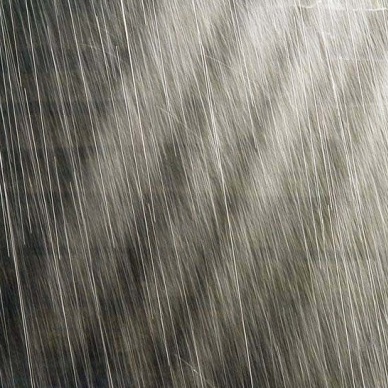The absolute horror of research in Antarctica. Clearly a sign of colonial intent.
The absolute horror of research in Antarctica.
Yeah but have you even watched The Thing?
How sneaky of them trying to exist. They should make their ambitions more clear like 'Merica does with their desire to dominate the world as the de facto international police force.
Ok does it spark concerns or do China's enemies spark concerns about it?
It's concerning because they're approaching a certain mountain range of unusual height and blasphemous age, dotted here and there with strange Cyclopean stone blocks and cave mouths of unusual regularity... at all costs, they must not investigate those mountains of madness!
“I wouldn’t read too much into it until they have a more permanent and sustainable presence in the region… It’s more symbolic than anything. At the moment, it does not represent any strategic pivot beyond the regions China wants to go,” he added.
...
Said Prof Ho: “While it is certainly possible for the Chinese to use these bases for strategic geopolitical purposes, I would not think the Antarctic is top of their list, given they have other domestic priorities like their economy to think about.”
...
But the White Paper does not constitute an official Antarctic policy and there is no telling when such a policy, serving as a guide for China’s actions, may be put out, said Associate Professor Liu Nengye at Singapore Management University’s Yong Pung How School of Law.
...
Since 2013, Beijing has proposed to establish an Antarctic Specially Managed Area around Kunlun station, which would allow China to maintain more stringent environmental protection of the surrounding space of potentially thousands of square kilometres. Such proposals have to be approved by the Antarctic Treaty Consultative Parties, which consists of 29 countries including Russia, the United Kingdom, the US and China.
While the Madrid Protocol permits such an area, the proposal received pushback from other governments, including the US, which questioned China’s motives.
There are currently seven such areas, of which two are managed by the US, one by Australia and the remaining four jointly managed by countries including Brazil, Poland, Chile and India.





